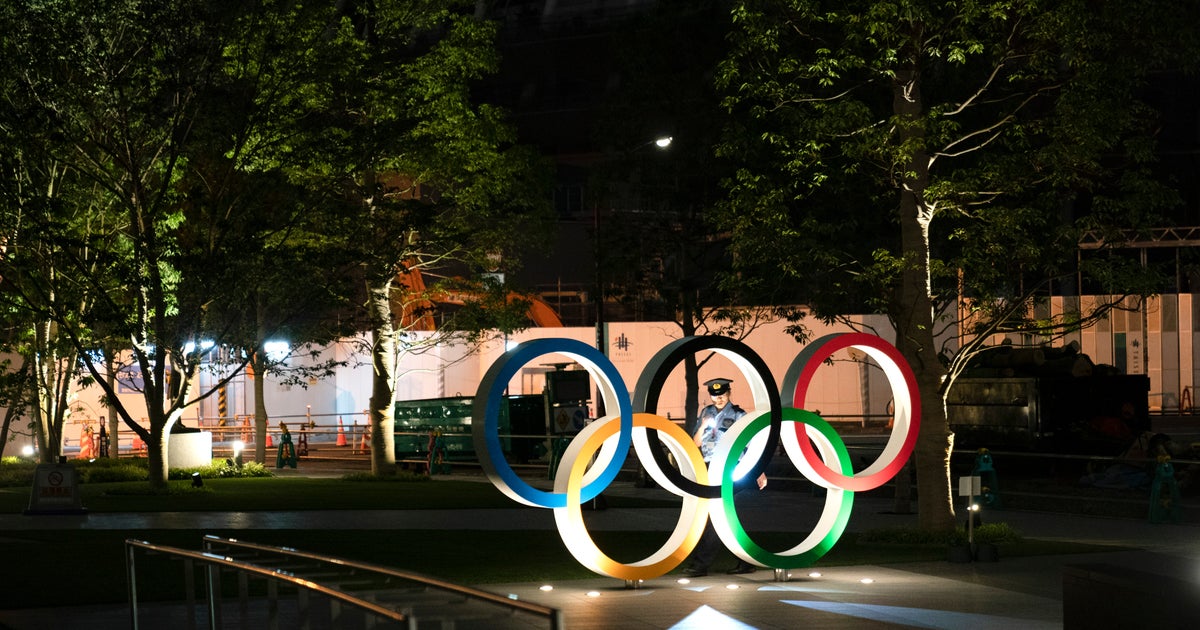Got a Tokyo Olympics ticket? Unrivaled demand causes turmoil


TOKYO (AP) — Overwhelmed by unprecedented demand, Tokyo Olympic organizers said Thursday they hope to run another ticket lottery next month for residents of Japan who got nothing the first time.
Millions of Japanese were let down last month when they came away empty-handed in a lottery for next year’s Olympics.
The bad news is that — despite a last-minute change of plans — most applicants will be disappointed again.
There simply aren’t enough Olympic tickets to go around with demand soaring in Japan and elsewhere as Authorized Ticket Resellers — the Olympic agents contracted to sell tickets outside Japan — have also opened sales worldwide.
“The demand from the general public indeed exceeded our expectations,” Tokyo spokesman Masa Takaya told The Associated Press. He said organizers were “absolutely pleased” by the interest.
Takaya said another lottery — open to all Japan residents — would be held by the end of the year as organizers rejigger their plans.
Greg Harney is the senior adviser for Cartan Global, the authorized reseller for much of Latin America and the Caribbean. He’s attending his 19th Olympics, and this is a first.
“I’ve never, never seen interest in attending the Olympics like we have in Tokyo,” Harney told the AP.
Takaya did not say how many tickets had been purchased in Japan so far. He said he would give the number on Friday.
Organizers say there are about 7.8 million tickets for all events. However, an estimate from one previous Olympics suggests that up to 25% of these are off the table immediately, going to sponsors, international federations, 200 national Olympic committees, dignitaries, and so forth. In addition, Tokyo says between 20-30% are set aside for foreign buyers.
An informal estimate by the AP suggests there may be 4-5 million tickets for Japan residents. And that’s probably generous.
Organizers said last month that 7.5 million residents of Japan registered to apply for tickets in the lottery. If each applied for only six tickets — and that seems low — demand would be 10 times over supply.
“This is probably going to be the most popular Olympics, and possibly one of the most popular events of all time,” Ken Hanscom, the chief operating officer of TicketManager, told the AP in an interview.
His Los Angeles-based company does not buy or sell Olympic tickets, but manages tickets for corporate clients.
Alexander Dmitrenko, a Canadian lawyer with residency in Japan, said he applied for 24 tickets — and got two. And was thrilled.
“I’m lucky. I’m going,” he said.
CoSport, an Authorized Ticket Reseller that handles sales for the United States and other countries, has delayed its ticket allocations and acknowledged a shortage in an email to customers.
“Thank you for your record-breaking interest in the Tokyo 2020 Olympic Games, which necessitated delayed processing time to help ensure stable and open access to limited national ticket allocations.”
The demand is sure to drive scalping.
Japan passed a law last month that prohibits ticket scalping with the penalty of a 1 million yen ($9,100) fine and a one-year jail term — or both.
However, the law has large loopholes and does not apply to tickets distributed for free or given away as gifts, or tickets without a purchaser’s name. This applies to many tickets coming from the IOC, the 200 national Olympic committees, or major Olympic sponsors.
Japanese organizers have lined up more than 60 local sponsors who kicked in over $3 billion to the local operating budget. In addition, three famous Japanese companies are major, long-time Olympics sponsors: Panasonic, Toyota, and Bridgestone.
The organizing committee hopes to raise about $800 million from ticket sales, a large chunk of its operating budget.
StubHub, an online ticket exchange company based in the United States, has handled tickets for previous Olympics. It is critical of the new Japanese scalping law, which might affect StubHub’s ability to handle tickets this time.
“Unfortunately, the Japanese law is flawed in its attempt to artificially control the ticket marketplace, and fans will likely be negatively impacted,” Jill Krimmel, general manager for sports for StubHub, told the AP. “Instead, StubHub believes that a safe, transparent, and competitive marketplace best serves fans and the games.”
Three years ago at the Rio de Janeiro Olympics, IOC member Patrick Hickey of Ireland was arrested on suspicion of ticket scalping. He is suspended from the IOC, but remains a member and has denied any wrongdoing. This was not the first time that a high-ranking member of the IOC or FIFA — soccer’s governing body — was implicated in profiteering on the black market.








